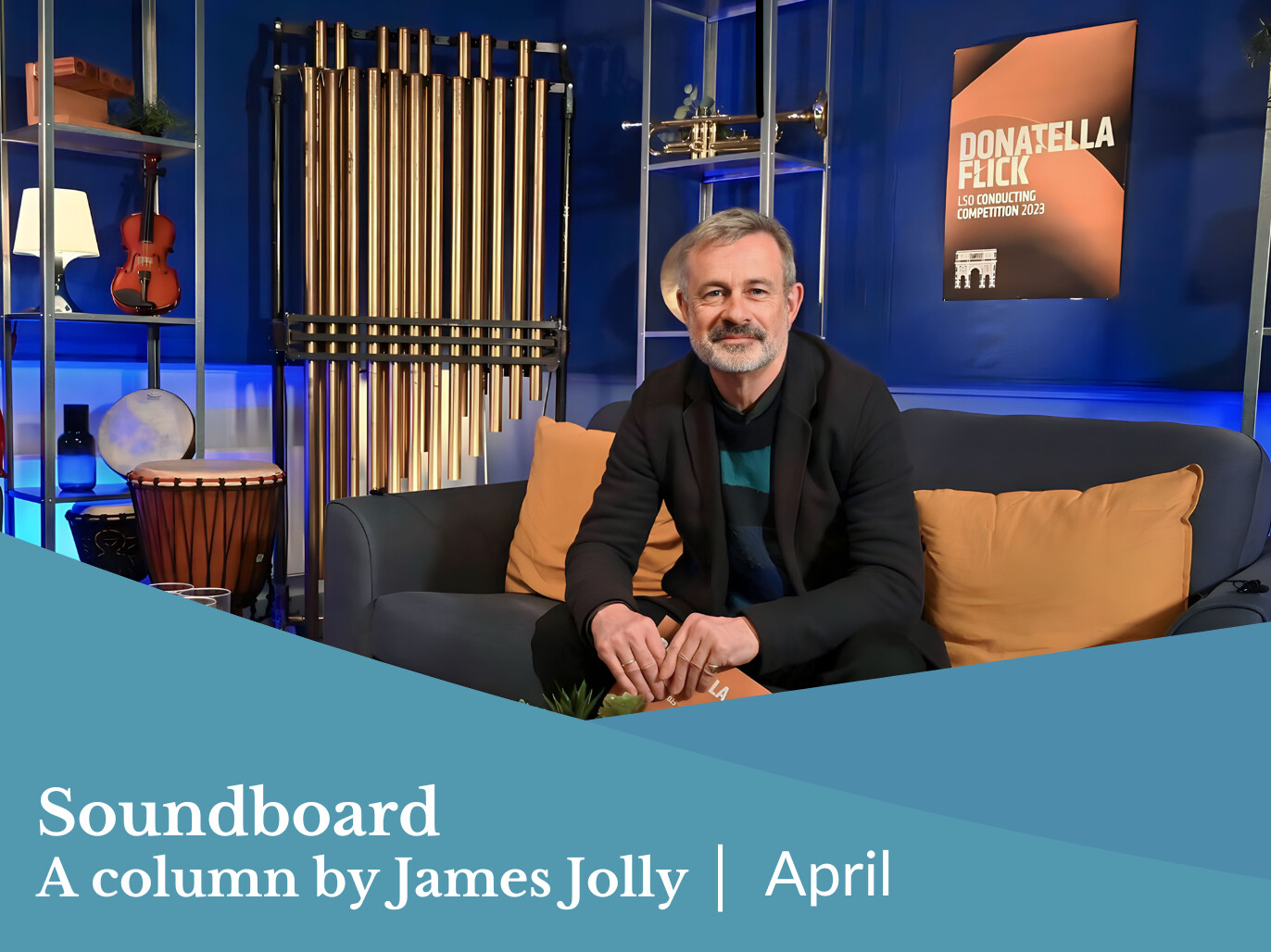The Czech Philharmonic is one of my favourite orchestras for all sorts of reasons, but probably most of all for its wonderful and very special sound. It has a long and highly distinguished history – it was founded in 1896 – and arguably has one of the most distinctive musical personalities of any major ensemble today (you can invariably recognise its unique sound within just a few bars).
Its first concert was conducted by Antonín Dvořák, no less (his New World Symphony, only three years old at the time, was on the programme), and in the 129 years since it has kept its native repertoire very much at the centre of what it does. Its current Music Director Semyon Bychkov – a musician who has gained his position as one today’s greats thanks to a combination of hard work and innate musicality – has showed great sensitivity to what his orchestra brings to the party, but he has also challenged some of the habits that have crept into performance, and tried to get back to the very essence of what the composers were after – his recordings of Smetana’s Má vlast and the last three Dvořák symphonies are wonderful examples of restoration work in practice, the discoloured varnish has been stripped away and the music shines once again with renewed glory.
I remember hearing Bychkov conduct the New World Symphony in Prague a couple of years ago and marvelling at how music that we all know so well (though not as well as the Czech Phil!) could sound so fresh and alive: the strings so glorious and the winds so full of character. It really was like hearing the work for the first time, and it reminded me why it remains one of the symphonic repertoire’s most popular works: when done like this, its myriad virtues become so obvious.

